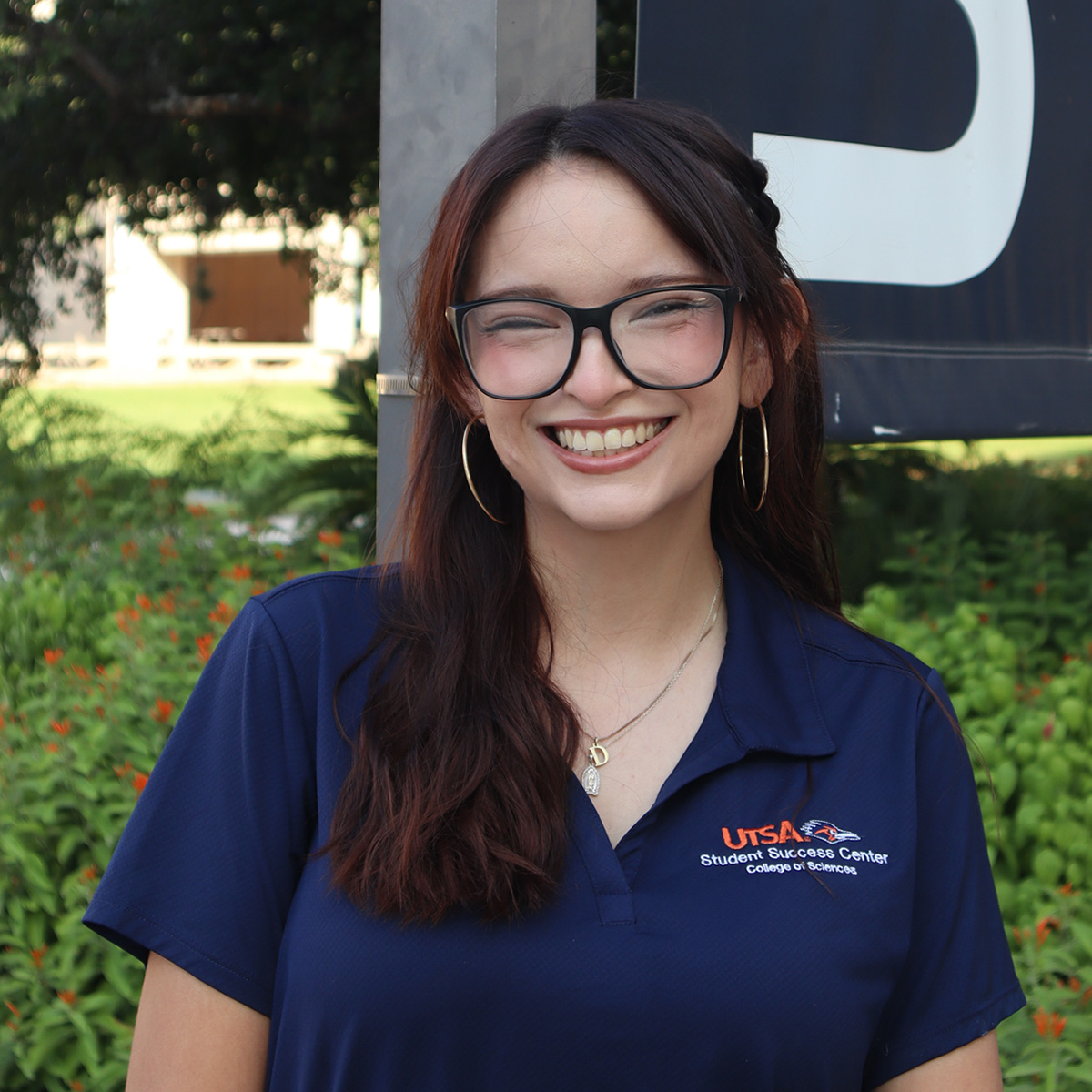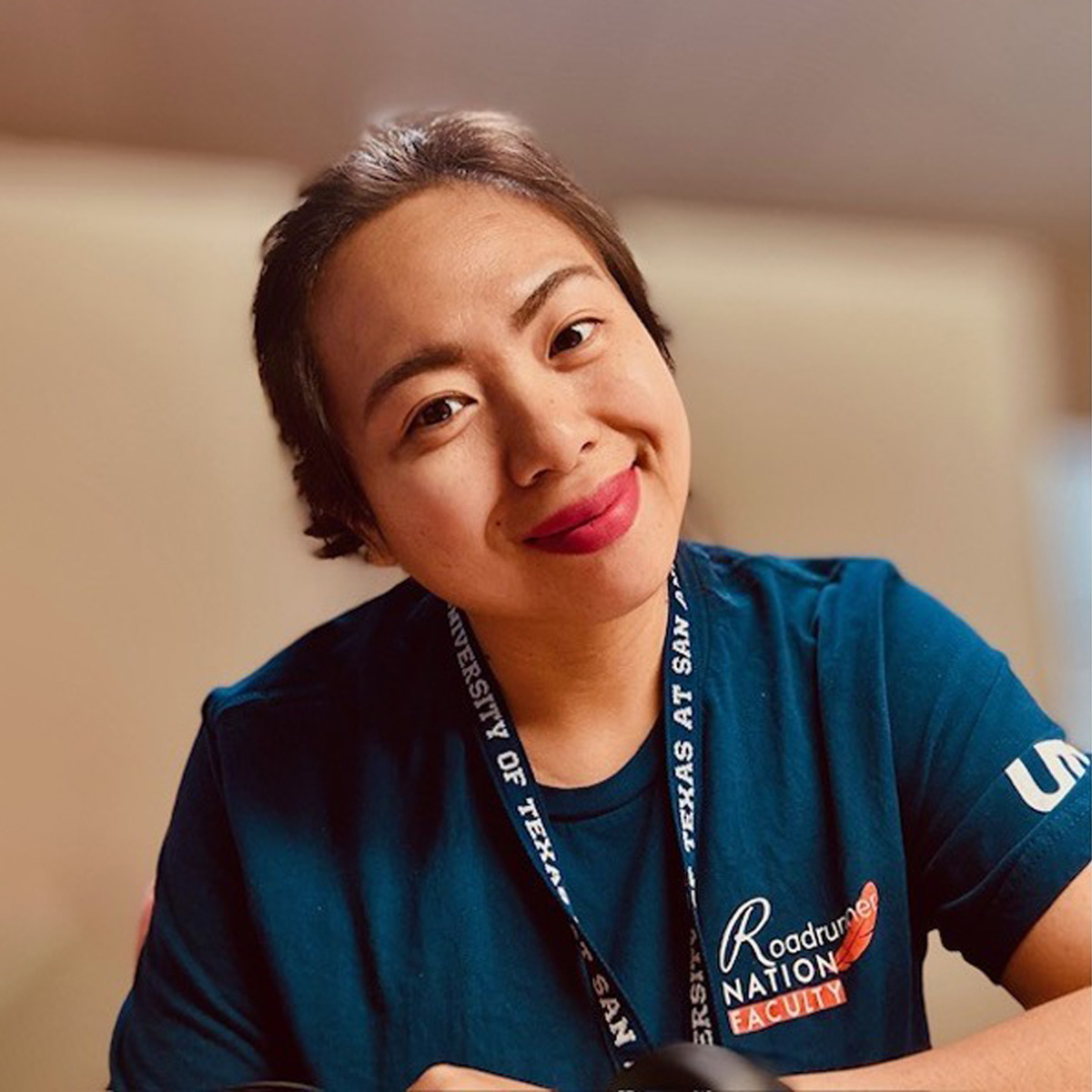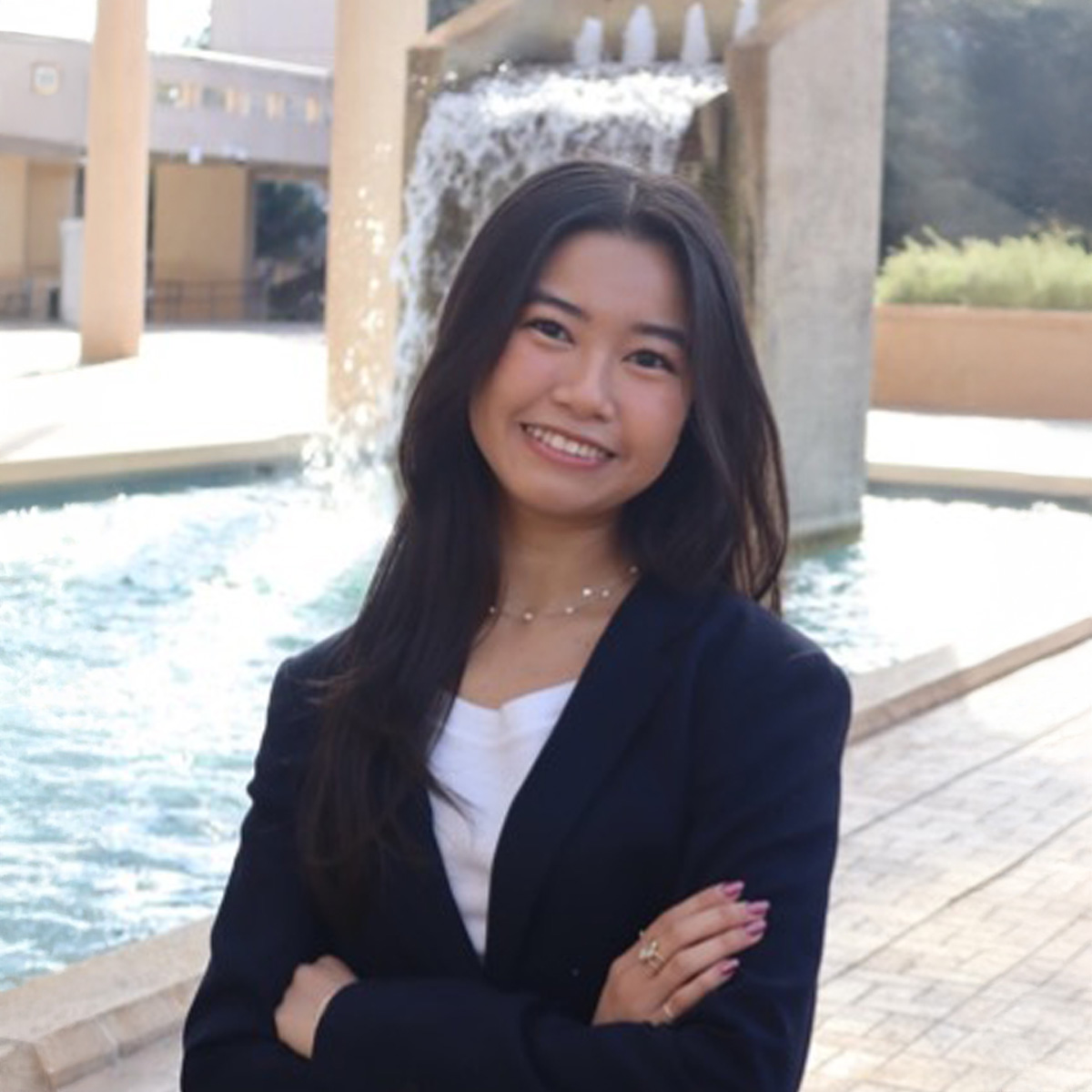Posted on May 5, 2022 by College of Sciences
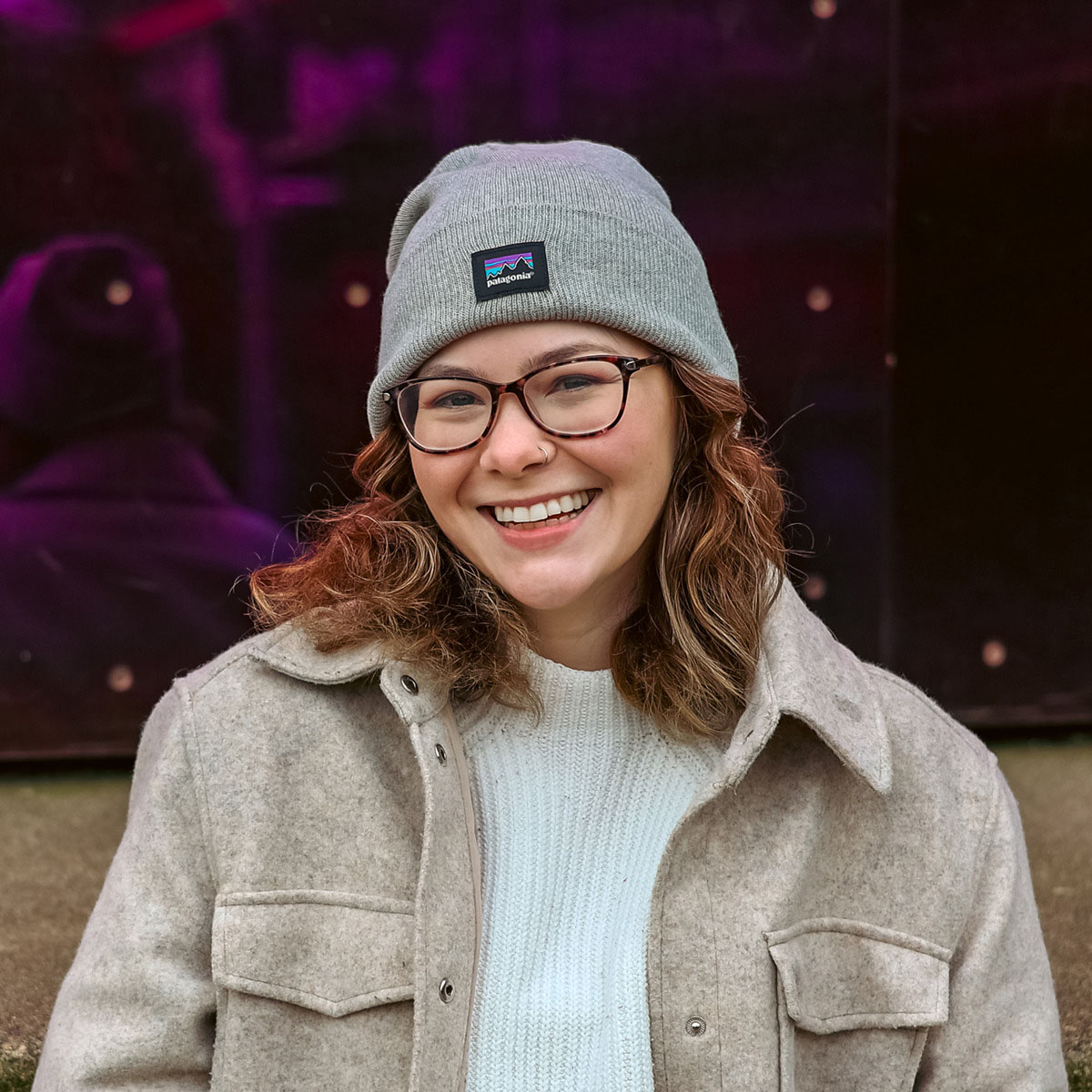
Alex Roush, Environmental Science Major
By Ryan Schoensee, Senior Communications Specialist
Meet Alex Roush, an Environmental Science major at UTSA and a peer mentor at the College of Sciences Student Success Center.
Alex originally set her sights on UTSA because of its excellent environmental science program. She went on to find great value in UTSA's student atmosphere.
"UTSA has such a great environment for students. There are student organizations for so many different interests, and many of them are warm and welcoming to new students," said Alex. "There are also so many resources and opportunities for students to improve themselves."
In October, Alex began teaching a Girlstart STEM after-school program at Windcrest, a local elementary school. Last summer, she took the opportunity to help teach the climate change portion of the San Antonio Teacher Training Astronomy Academy (SATTAA). Alex is also in the NASA L'SPACE Mission Concept Academy, a semester-long workforce training program.
As a peer mentor, Alex guides students to any university resources they request or need. "I absolutely love being able to help students feel more comfortable in themselves and in the UTSA community."
Another thing that makes UTSA unique to Alex is the opportunity for students to find mentorship. She recalls Chris Packham, a professor in the Department of Physics and Astronomy, showing her that college students tend to be more capable than they think. Alex is also working on the SATTAA program with Packham as one of her faculty mentors.
Alex believes that understanding your strengths and abilities isn't arrogance, but a tool you can apply in any context. "A lot of us, myself included, can let anxieties and imposter syndrome get the best of us," Alex said. "We get stressed about so many little things that we don't realize how capable we truly are."
Alex is speaking at IR2022, an international virtual meeting in February that is being hosted by the Japanese Aerospace Exploration Agency (JAXA). She plans on presenting on the carbon emissions that will be saved by holding the program remotely rather than in-person and the climate change portion of SATTAA, which she helped teach last summer.
To new UTSA applicants, Alex offers the following advice: "At UTSA, it's completely okay if you don't know exactly what you want to do. There are resources like the Student and Academic Success Centers that are available to help you figure out what you love and what you are passionate about."
After graduation, Alex plans to continue her education and apply to graduate school.
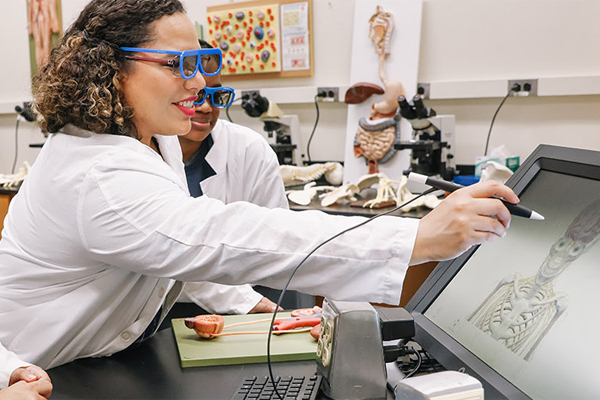
Explore the BHE Department!
Designed for students who want a focus in biological structures and systems from multicellular life to local ecosystems to the entire terrestrial biosphere. Students have access to strong research programs, state-of-the-art resources, and competitive financial support.
Recent BHE Spotlights
View More Spotlights